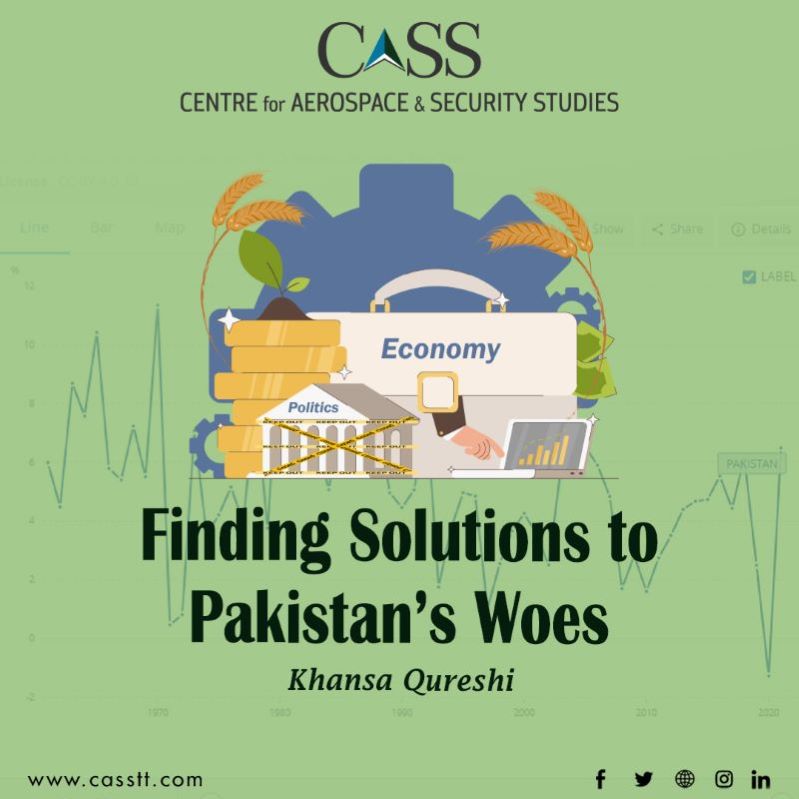A father of seven children passed away and several other people got injured in a stampede that occurred during the distribution of subsidised wheat flour in Mirpurkhas district of Sindh. Over the past one week, disturbing scenes have been emerging from all over Pakistan highlighting acute wheat shortages that the country is facing. Given the importance of wheat when it comes to food options as well as preferences in Pakistan, its acute shortage reaching an unprecedented level is reflective of the existing structural rot but the crisis in itself is nothing new.
Food crisis is not the only challenge facing Pakistan at the moment, as it is engulfed in a host of other crises. From Skardu to Karachi, there’s a wave of disappointment, agony and helplessness permeating the national environment. Sky-rocketing inflation has rendered the cost of living unbearable. The unemployment and poverty rate are also persistently increasing. The textile sector alone, considered one of the best performing sectors has laid off about 7 million people. The consumer price index hit an all-time high in December 2022, reaching 196.86 points.
There isn’t a single economic indicator showing a positive sign. While the trade deficit reached USD 17.3 billion, foreign exchange reserves have dwindled to USD 5.8 billion. With such a situation, the country is staring bankruptcy right in the eye with resources left only for a month’s worth of imports which mainly consist of fuel required to run the country’s industries. Meanwhile, the external debt servicing obligation of Pakistan only for the fiscal year 2022-2023 is USD 23 billion. However, emptying coffers clearly inhibit the ability to pay back debts. The Russian invasion of Ukraine unleashed energy and food crisis of unparalleled scale impacting Pakistan too. The super floods of 2022 in the country further added to the social and economic woes of the nation.
Although for most part of its existence, Pakistan has remained in a whirlpool of crises, one after the other, either as a result of internal or external phenomena, the dilemma this time around is that the public seems unable to see the light at the end of the tunnel. What’s different this time is the massively prevailing political distrust.
Currently, solving all the difficulties facing this country seem to require economic resources of unimaginable level and institutional efficacy of impossible scale. However, the way forward is a simple single, two-pronged approach: first, every stakeholder must seek to improve their respective institute’s performance. Secondly, those in power corridors must learn to work on their own mandate, and in their own jurisdiction only. It must also be noted that it’s not the actual crisis but the people’s perception of that crisis and how much trust they have in the government’s ability that enhances national resilience. In this regard, the state must also work to gain public trust in its ability to take steer the country out of these crises. This can be achieved by formulating policies that are consistent and work best in favour of the nation in the longer run.
Worldwide, governments do understand what’s good for national progress and growth, but they often refrain from making tough decisions in favour of taking populist decisions to save their own skin and vote bank. However, it must be realised that Pakistan cannot afford any political experimentation at this point. The country’s situation is so dire that selfish impulses (whether at an individual or collective level) will only make the country crumble on its very foundation.
Khansa Qureshi is a Research Assistant at the Centre for Aerospace & Security Studies (CASS), Islamabad, Pakistan. She can be reached at cass.thinkers@casstt.com.




